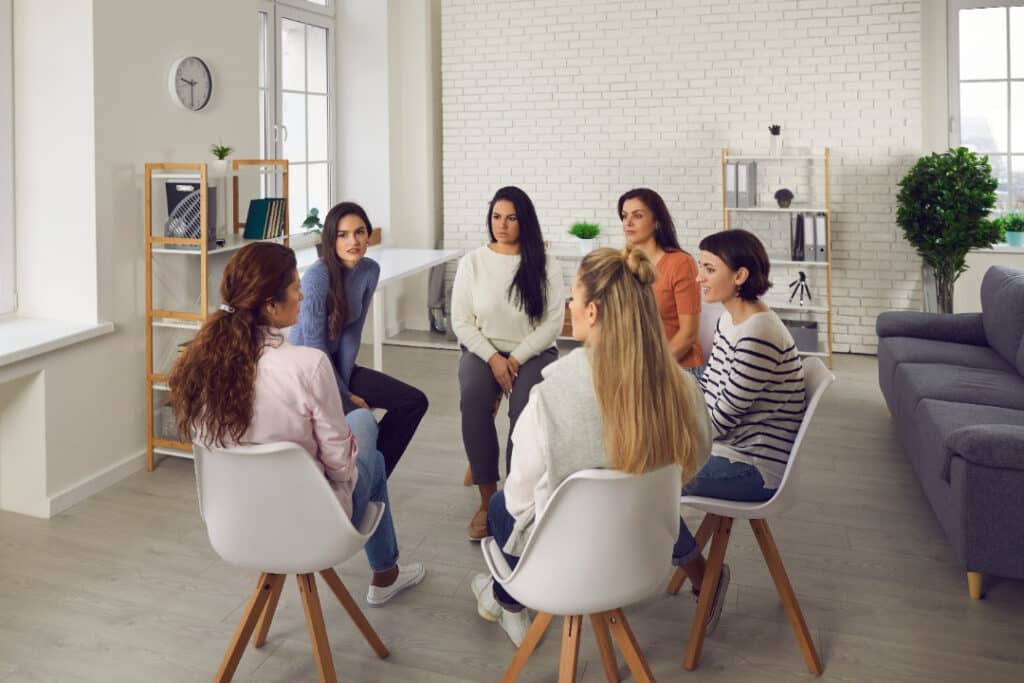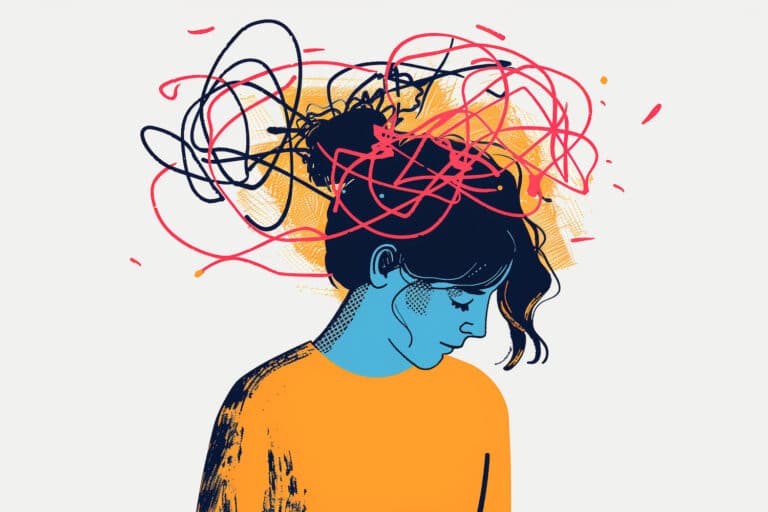Eating disorders are serious mental health issues, and it’s essential to find support when you are struggling with one. Finding an eating disorder support group can be a great way to begin or enhance recovery. Whether you are looking for information, education, resources, or just a safe space to talk, these groups can provide an extremely valuable service. In this blog post, we will discuss how to find an eating disorder support group and what to look for in one.
How Can a Support Group Help Me?
Support groups provide a forum for people to share personal stories, struggles, and successes with others going through similar situations. They offer a safe space where you can express your feelings out loud and know that somebody gets it. A support group also provides the opportunity to practice communication skills. Talking about your eating disorder isn’t easy, but sharing in a space like a support group gives you a chance to practice talking about it without judgment.
Participating in a support group for eating disorders is an essential step in the recovery process. This space allows individuals and their families to gain valuable skills to cope with the challenges of eating disorders. It provides those suffering from eating disorders a better chance of successful recovery. The benefits may include
- Talking honestly in a safe, nonjudgmental place about your struggles and experiences
- Connecting with others who understand what you’re going through
- Learning new coping skills from those who have been through the same things
- Gaining empathy, support, and hope from your peers
- Finding a sense of personal empowerment
- Gathering helpful tips and advice on how to better cope with the disorder
- Accessing resources that can help in the recovery process (1)
Types of Eating Disorder Support Groups Available
There are different types of eating disorder support groups available, and the right structure depends on your individual needs.
For those suffering from anorexia, bulimia, and other eating disorders, you can find support groups associated with hospitals, treatment centers, and community and nonprofit organizations. There are also support groups run entirely by their members.
Organizers usually offer the groups in either an in-person or online format. Support groups can be led or facilitated by peers or sometimes by professionals like social workers or nurses. Usually, the individuals leading the group are volunteers.
When it comes to cost, support groups are generally free or low-fee. Regardless of who is offering the group or who it’s facilitated by, a support group should not incur a high cost or require insurance (2).
Additionally, there are support groups for family members and caregivers of individuals with eating disorders. No matter the type of support group, all members can benefit from shared experiences, knowledge, and available resources.
How to Find an Eating Disorder Support Group Near You
Whether you are looking for an in-person or a virtual support group, a great place to start is with an online search. Many support groups have websites where you can find more information about their services, meet-up dates, and contact information. Nonprofit organizations dedicated to supporting individuals and families affected by eating disorders, such as The National Eating Disorders Association (NEDA), often provide an extensive directory of eating disorder support groups (3).
Talking to your healthcare provider or therapist is another way to find a reputable support group.
You can also reach out to local hospitals, mental health organizations, and community centers to see what support groups or other resources they may offer. Many eating disorder treatment centers, like Magnolia Creek in Columbiana, Alabama, offer aftercare programs that can offer resources as well.
What Should You Look for in an Eating Disorder Support Group?
First and foremost, find the one you’re comfortable with and where you feel safe! It can be hard to find the right eating disorder support group, but it’s important to take the time to find one that fits your needs.
Take a look at the location, the size, and the atmosphere of the group. Look for support groups that are welcoming to all individuals with a safe, nonjudgmental atmosphere. Consider the format of the group as well, such as whether it is in-person or online and if it is peer-led or professional-led. Ensure the group has general guidelines for participants to follow when joining the discussion. There should also be clear boundaries and a focus on recovery. Once you’ve identified a few potential support groups, attend a meeting or two to get a feel for the group. Finding the right group can provide a strong support system while on the path to recovery.
Eating disorder support groups are a great way to find community and friendship with peers who understand and share similar experiences. But remember, a support group is not a replacement for treatment or therapy. To learn how to take the next step toward recovery and what treatment options are available for you or your loved one, contact one of our team members at Magnolia Creek at 205-235-6989 today.
Resources
- Anorexia Nervosa and Associated Disorders (ANAD). (n.d.). Eating disorder peer support groups. https://anad.org/get-help/about-our-support-groups/
- Mayo Clinic. (2023, March 16). Support groups: Make connections, get help. https://www.mayoclinic.org/healthy-lifestyle/stress-management/in-depth/support-groups/art-20044655
- National Eating Disorders Association (NEDA). (n.d.). Free & low cost support. https://www.nationaleatingdisorders.org/free-low-cost-support
Author Bio:
Kate Delaney Chen, BSN, RN-BC is a healthcare writer and registered nurse with over 17 years of bedside experience. She specializes in Psychiatric Nursing and Nephrology and currently works at a nationally recognized Inpatient Eating Disorders Program.




